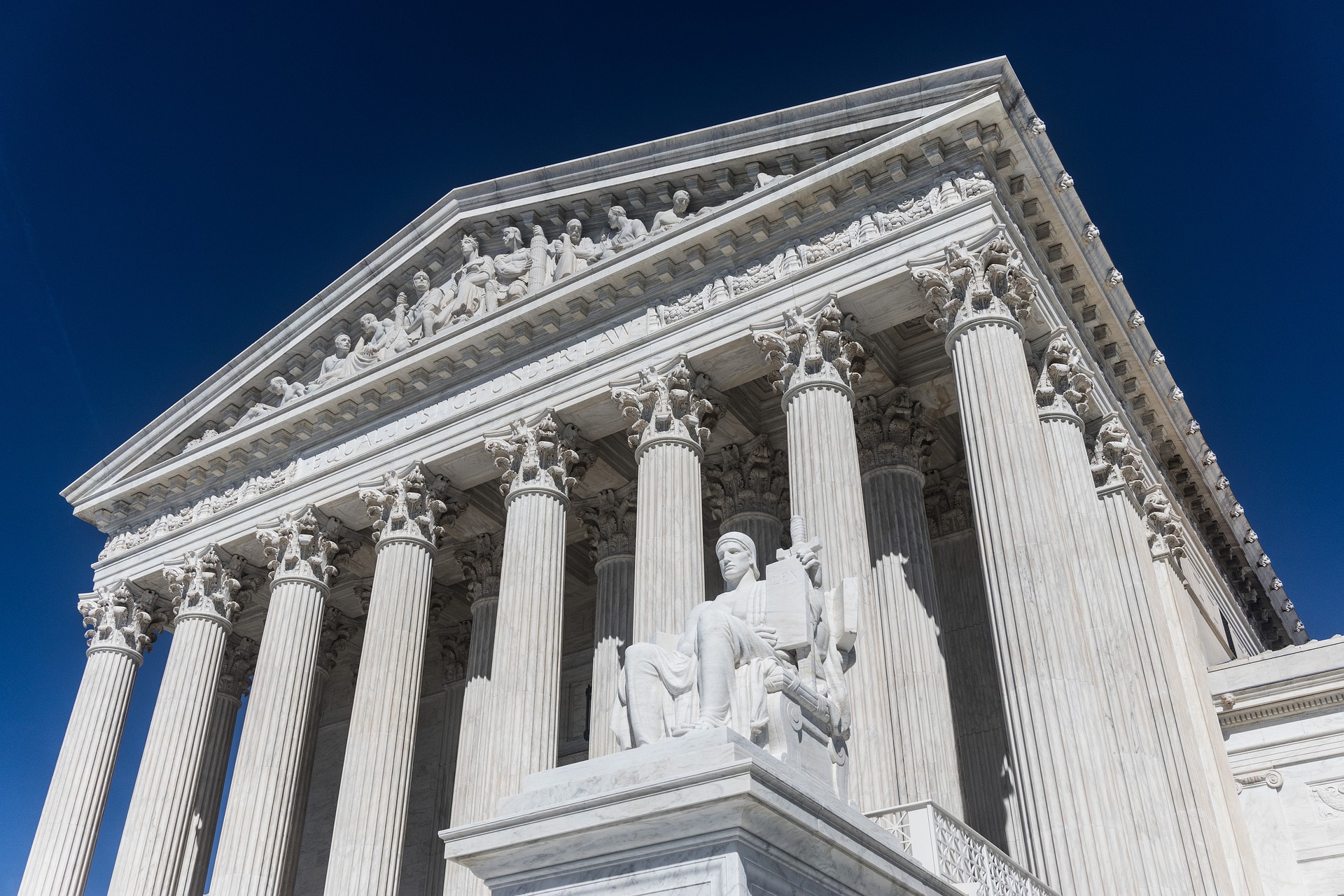Navigating the Complexities of Tribal Sovereignty in the US
Introduction: In the intricate tapestry of American law, tribal sovereignty stands as a unique and often misunderstood concept. This principle, rooted in centuries of history and legal precedent, continues to shape the relationship between Native American tribes and the US government. As we delve into this complex issue, we'll explore its origins, current challenges, and future implications for both tribal nations and the broader American legal landscape.

The Marshall Trilogy laid the groundwork for the unique legal status of tribes, recognizing their right to self-government while acknowledging the federal government’s ultimate authority. This dual nature of tribal sovereignty has been a source of both protection and limitation for Native American tribes throughout US history.
The Scope and Limitations of Tribal Authority
While tribal sovereignty grants Native American nations significant autonomy, it is not absolute. Tribes have the power to govern their internal affairs, determine tribal membership, and regulate activities on tribal lands. This includes the authority to create and enforce laws, establish courts, and manage natural resources within their territories.
However, tribal sovereignty is subject to certain limitations. For instance, tribes cannot engage in foreign relations or coin money. Additionally, Congress has the power to limit or abolish tribal sovereignty through legislation, a power that has been exercised throughout history with significant consequences for Native American communities.
Jurisdictional Complexities and Legal Challenges
One of the most contentious aspects of tribal sovereignty involves jurisdictional issues. The interplay between tribal, state, and federal jurisdiction often leads to complex legal battles. For example, questions arise about which authority has the right to prosecute crimes committed on tribal lands or regulate businesses operating within reservation boundaries.
The 1978 Supreme Court case Oliphant v. Suquamish Indian Tribe further complicated matters by ruling that tribal courts do not have criminal jurisdiction over non-Indians, even for crimes committed on tribal lands. This decision has been widely criticized for limiting tribal authority and creating jurisdictional gaps that can leave crimes unpunished.
Economic Development and Tribal Sovereignty
Tribal sovereignty plays a crucial role in economic development for Native American communities. It allows tribes to establish businesses, including casinos, free from certain state regulations. The Indian Gaming Regulatory Act of 1988 formalized the right of tribes to conduct gaming operations on their lands, leading to significant economic opportunities for many tribes.
However, the exercise of tribal sovereignty in economic matters has not been without controversy. Disputes often arise over taxation, environmental regulations, and the extent to which state laws apply to tribal businesses. These issues continue to be litigated in courts across the country, shaping the evolving landscape of tribal economic rights.
Contemporary Challenges and Future Directions
In recent years, tribal sovereignty has faced new challenges and opportunities. The COVID-19 pandemic highlighted both the strengths and limitations of tribal self-governance, as tribes implemented their own public health measures while grappling with limited resources and jurisdictional issues.
Looking ahead, several key issues are likely to shape the future of tribal sovereignty. These include:
-
Climate change and environmental protection: As tribes assert their rights to manage natural resources and protect their lands from environmental degradation, conflicts with state and federal authorities may intensify.
-
Technology and jurisdiction: The rise of online commerce and digital technologies raises new questions about the reach of tribal jurisdiction in cyberspace.
-
Cultural preservation: Tribal sovereignty plays a crucial role in preserving Native American languages, traditions, and sacred sites, but faces ongoing challenges from development and resource extraction.
-
Federal recognition: The process by which the US government formally recognizes tribes continues to be a contentious issue, with implications for sovereignty and access to federal resources.
Conclusion
Tribal sovereignty remains a complex and evolving concept in American law. As Native American tribes navigate the challenges of the 21st century, the principles of self-governance established centuries ago continue to shape their relationships with state and federal governments. Understanding and respecting tribal sovereignty is crucial not only for addressing historical injustices but also for fostering a more inclusive and equitable legal system for all Americans. As the legal landscape continues to evolve, the ongoing negotiation of tribal sovereignty will undoubtedly play a significant role in shaping the future of Native American communities and the broader American legal framework.





